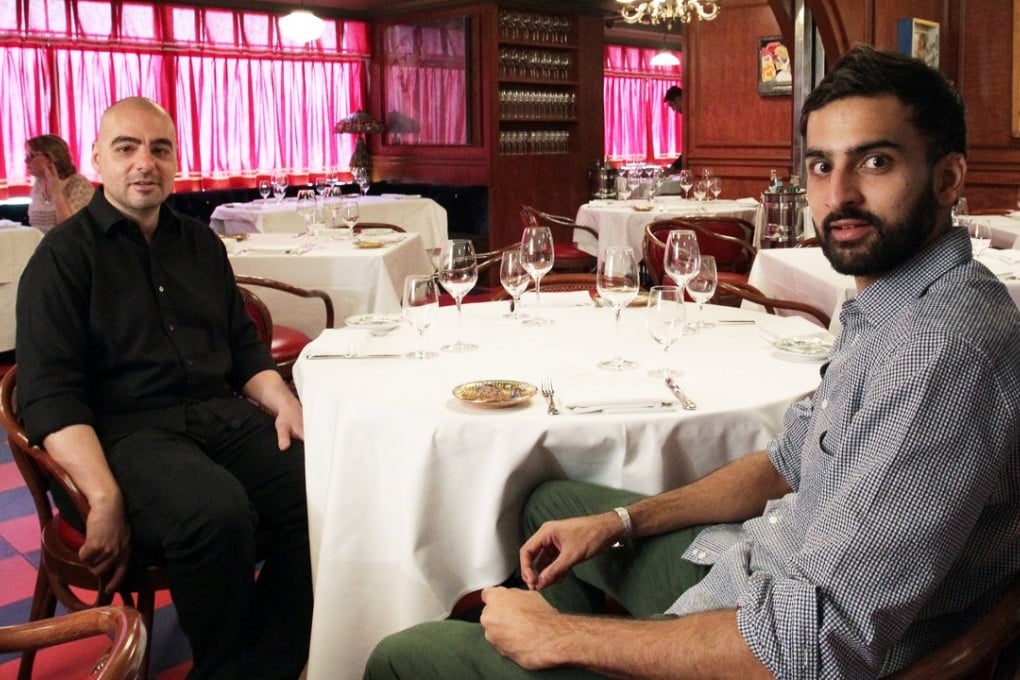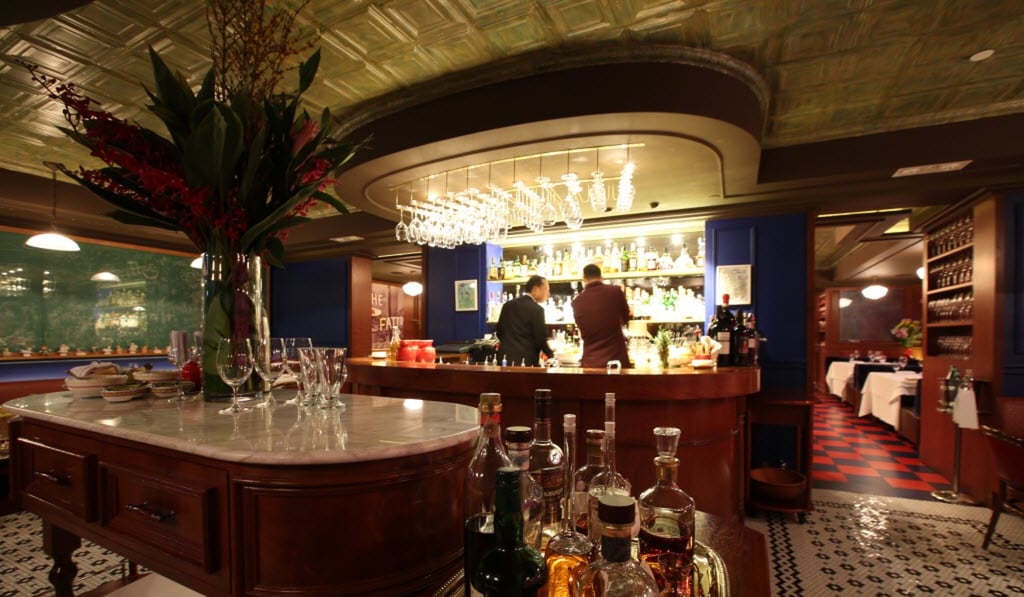How a Hong Kong restaurant group went from underdog to leader of the pack
He grew up in his father’s SoHo restaurant, learned quickly in his first job and, while still in his 20s, co-founded Black Sheep Restaurants. Syed Asim Hussain says commitment to innovation, values and community is their key ingredient

Wednesday, 5.30pm, Carbone, LKF Tower, Wyndham Street, Central
The staff meeting is already in full swing. Franco, a middle-aged Italian, is barking instructions. “Make sure to mention the white truffles,” he reminds the restaurant’s multinational staff, who are taking notes intently. Franco points randomly at people, holding a spot quiz on regulars coming to dine that evening, and aiming rapid-fire questions on preferences, quirks and even biographical data. “Always remember, it’s all about love,” Franco says, wrapping up the meeting and looking over his shoulder towards a figure standing in the shadows at the back, who nods in approval.

To avid SoHo-goers, the sight of Hussain or Mark pounding Elgin Street or taking the escalator is common, but for outsiders, the Black Sheep duo remain largely anonymous. Most Hong Kong foodies will know a couple, maybe more, of Black Sheep’s restaurants. Few realise that some of the area’s most talked about eateries belong to one company, which has reshaped the neighbourhood in recent years.
Hussain is SoHo “through and through”, he says. He grew up working at his father’s Indian restaurant on Wyndham Street, and saw the area transform into a dining hub in the late 1990s. He then watched as SoHo lost its lustre: with rising rents and straitened times came the closure of notable bars and restaurants, glittering symbols of a mid-2000s heyday.
SoHo has gone through a renaissance in the past few years and, this may be hubris, I feel we have been the catalyst, we have been the flag bearers of that change
“The restaurateurs who had their start in SoHo in the 90s and noughties, they stopped caring,” Hussain says. “They expanded into Harbour City or IFC and other malls, places where you had much better footfall and could make much more, and easier, money. They were doing better and stopped caring about the neighbourhood.